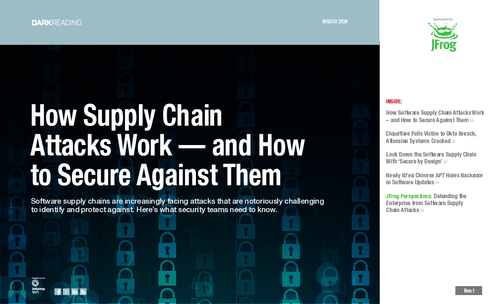Governance & Risk Management , Next-Generation Technologies & Secure Development , Patch Management
PayPal Mitigates XSS Vulnerability
Patch Issued After Vulnerability Found in an Endpoint Used for Currency Conversion
PayPal has patched a cross-site scripting - or XSS - vulnerability in its currency conversion endpoint that, if exploited, could enable malicious JavaScript injection.
See Also: OnDemand I Remediate the Most Exploitable Vulnerabilities First and Fast
The PayPal vulnerability was discovered in February 2020 by a security researcher who goes by the name Cr33pb0y, who was paid $2,900 as part of HackerOne's bug bounty program.
Responding in the HackerOne forum, PayPal notes the vulnerability resulted in its currency conversion URL improperly handling user input. An attacker exploiting the vulnerability could perform JavaScript injection or add other malicious code to the URL to access the document object model on the victim's browser. By loading a malicious payload into a victim's browser, hackers could steal data or take control of a device.
The vulnerability was resolved, PayPal says, "by implementing additional controls to validate and sanitize user input before being returned in the response."
XSS Attacks
XSS vulnerabilities are a common attack vector for hackers.
"Exploitable software vulnerabilities will unavoidably happen, and when they do, some adversaries may be in a position to take advantage of them," says Tim Wade, technical director, CTO Team at threat detection company Vectra. "It’s the nature of the beast and it’s incumbent on organizations to plan for this possibility."
"Vulnerabilities that exploit XSS are often prevalent because they are difficult and time-consuming to test for automatically," says Dirk Schrader, global vice president at cyber security vendor New Net Technologies. "Secure coding techniques are ultra-critical in order to mitigate these vulnerabilities ‘at source’. It’s still the basics that leave most organizations at risk, so core security controls such as vulnerability management, patching and configuration hardening are still going to give the best return for protection vs effort."
Recent Incidents
A string of recent data breaches has been tied to vulnerabilities in Accellion's File Transfer Appliance, including what some experts say was an XSS flaw (see: The Accellion Mess: What Went Wrong?).
In 2019, an independent security researcher found that an XSS bug in Tesla 3's web browser enabled him to hack into the car (see: How a Big Rock Revealed a Tesla XSS Vulnerability).
The researcher noted that the flaw, if exploited, could enable a hacker to perform JavaScript injection to compromise the car further.



















